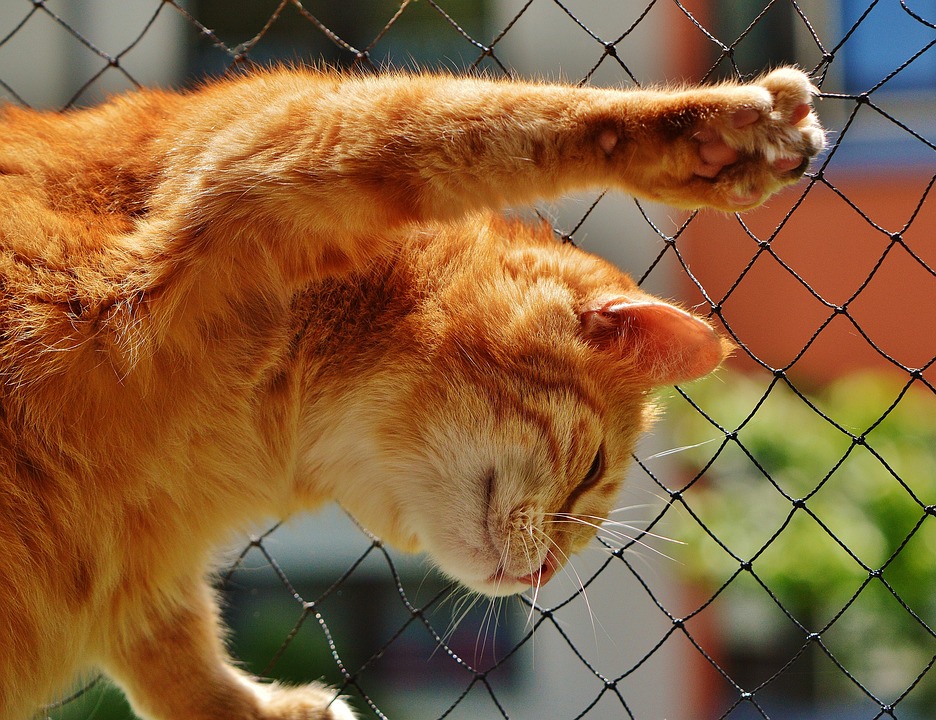Debunking Myths About Cat Vaccinations: Separating Fact from Fiction
Introduction:
Cat vaccinations play a crucial role in maintaining feline health. However, there are several myths surrounding these vaccinations that can lead to misinformation and potentially harm our beloved pets. In this article, we will debunk these myths and provide factual information about the importance of cat vaccinations.
I. The Importance of Cat Vaccinations:
Vaccinating your cat is essential for their overall well-being. Vaccinations help prevent and control various diseases that can be life-threatening for our feline friends. By vaccinating your cat, you not only protect them but also contribute to the concept of herd immunity, which benefits the entire feline population.
II. Common Myths about Cat Vaccinations:
A. Myth #1: Vaccinations are unnecessary for indoor cats:
One common misconception is that indoor cats are immune to diseases and do not require vaccinations. However, indoor cats can still be exposed to infectious agents through various means, such as contact with humans, other animals, or even through open windows. Vaccinating indoor cats is crucial in preventing the spread of diseases within households and ensuring their long-term health.
B. Myth #2: Vaccinations can harm my cat:
Some cat owners are concerned about the potential side effects of vaccinations. It is important to address these concerns by emphasizing that the benefits of vaccinations far outweigh the risks. Vaccine side effects are generally mild and temporary, such as mild fever or soreness at the injection site. Serious health issues caused by vaccines are extremely rare.
C. Myth #3: Vaccinations provide lifelong immunity:
Another myth is that vaccinations provide lifelong immunity, eliminating the need for revaccination. While vaccines do provide protection, the duration of immunity varies for each disease. Booster shots are necessary to maintain continuous protection and ensure that your cat remains safe from preventable diseases.
D. Myth #4: Natural immunity is better than vaccination:
Some people believe that natural immunity acquired through exposure to a disease is superior to vaccination. However, natural immunity has limitations and may not provide adequate protection. Vaccinations, on the other hand, help stimulate a stronger and longer-lasting immune response, ensuring better protection against diseases.
III. Frequently Asked Questions (FAQs) about Cat Vaccinations:
Q1: What are the core vaccines recommended for cats?
Core vaccines, such as those against rabies and feline distemper, are essential for all cats as they protect against highly contagious and potentially deadly diseases.
Q2: How often should I vaccinate my cat?
Vaccination frequency depends on various factors, including the cat’s age, lifestyle, and risk of exposure. Generally, cats require initial vaccinations followed by booster shots at specific intervals to maintain protection.
Q3: Are there any risks or side effects associated with cat vaccinations?
While there can be mild and temporary side effects, serious adverse reactions to vaccines are extremely rare. Vaccines undergo rigorous testing to ensure their safety and efficacy.
Q4: Can my cat have an adverse reaction to vaccines?
Severe adverse reactions to vaccines are exceptionally rare. Veterinarians take necessary precautions to minimize risks and monitor cats closely after vaccination.
Q5: Can my cat receive vaccinations if they have pre-existing health conditions?
It is crucial to consult with your veterinarian if your cat has underlying health issues. They can evaluate the risks and benefits and provide tailored vaccination recommendations.
Q6: Do vaccines protect against all diseases?
Vaccines protect against specific diseases, but not all. Additional preventive measures, such as regular veterinary check-ups, parasite control, and a healthy diet, are necessary to ensure overall feline health.
Conclusion:
Cat vaccinations are vital for the well-being of our feline companions. By debunking common myths surrounding cat vaccinations, we can make informed decisions based on scientific facts. Consultation with veterinarians is crucial in developing personalized vaccination plans for our cats, ensuring their protection from preventable diseases. Let’s prioritize their health and separate fact from fiction when it comes to cat vaccinations.








